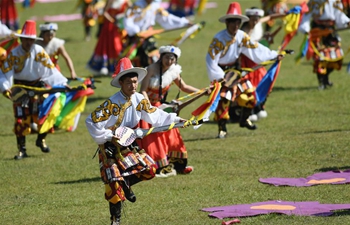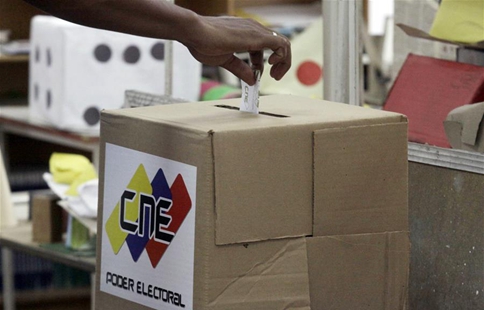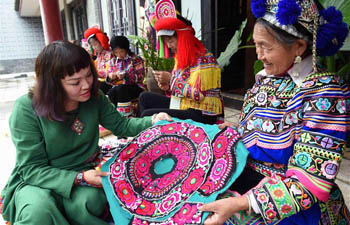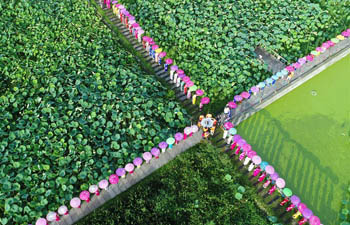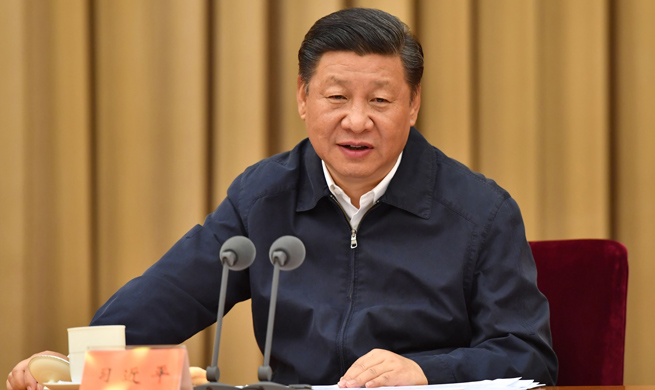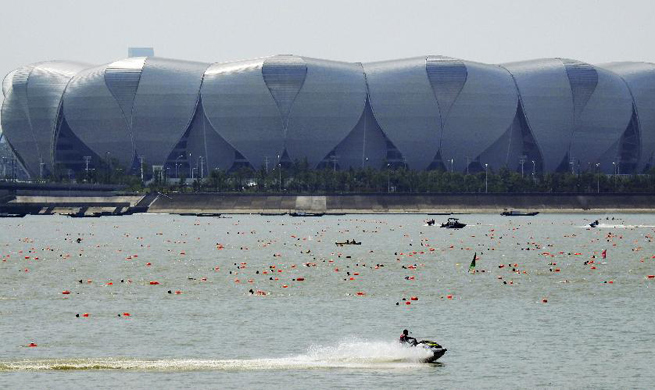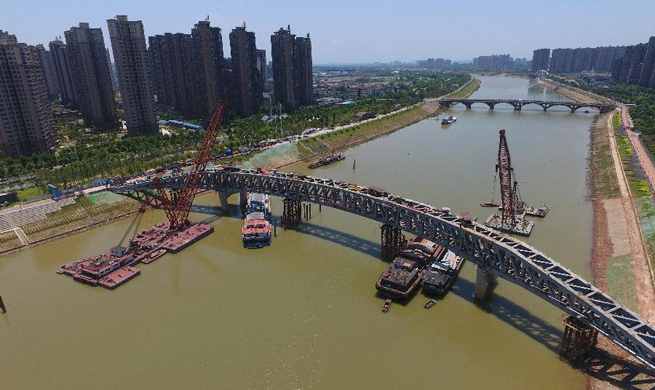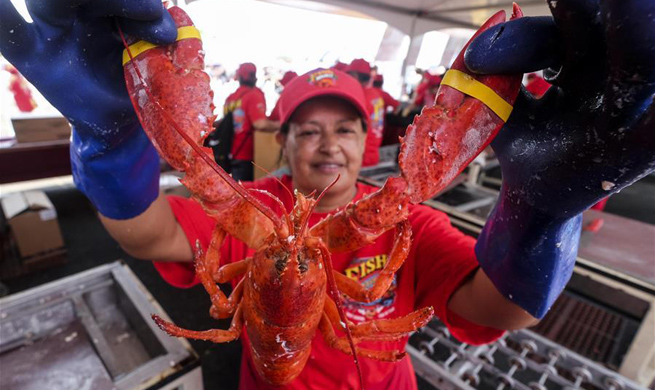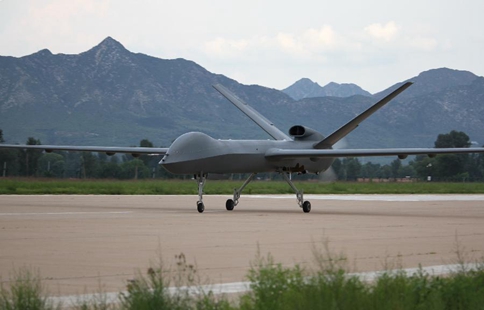LA PAZ, July 17 (Xinhua) -- The drought which affected a large part of Bolivia between October 2016 and March 2017 was faced off with a series of short, medium and long-term plans, funded in part from international sources.
In an interview with Xinhua, Bolivia's deputy minister of Water Resources and Irrigation, Braulio Nelson Huaylla Caceres, explained that the government is "supervising the execution of irrigation and drinking water programs to guarantee its supply and avoid future shortages."
Bolivia is receiving financial and technical support by the Latin American Development Bank (CAF), as well as the World Bank and the UN's Food and Agriculture Organization (FAO), to aid in these efforts.
The drought which affected large swathes of Bolivia began last year when six of Bolivia's largest cities began running out of drinking water, meaning they began to limit supply to avoid reservoirs drying out.
The cities of La Paz, Cochabamba, Sucre, Potosi, Oruro and Tarija all faced severe water shortages, causing difficulties in hospitals and schools.
Tanker trucks full of water sold it to citizens, often at prices many times the real value.
Huaylla Caceres explained to Xinhua that the drought in Bolivia was a consequence of global warming and the absence of seasonal rains.
Humberto Gomez, the director of the Friends of Nature Foundation (FAN), told Xinhua that, in the last 50 years, Bolivia's average temperature has risen 0.5 degrees, leading glaciers to begin melting, diminishing water reservoirs, and affecting agriculture and populations living at high altitudes and in the Amazon.
Gomez added that the shrinking of the glaciers posed a grave threat to water supplies for human consumption, but also risked wiping out flora and fauna.
The technical and financial collaboration have led to a renewed impulse for the supply, sustainability and efficiency of water systems and irrigation across Bolivia.
"Since the end of 2016, we have been meeting with the Ministry of Environment and Water to define the help CAF will provide for the sector in the coming years," explained Emilio Uquillas, CAF representative in La Paz.
He confirmed that the CAF will provide over 500 million U.S. dollars in resources for the development of drinking water and irrigation in Bolivia from 2018 to 2020.
Huaylla Caceres added that Bolivia and the World Bank had agreed that 600 million U.S. dollars from their 2016-2020 work plan would go to improving the water supply.
Finally, he said that FAO had recognized that Bolivia is one of the countries worst-hit by drought and climate change, and had pledged 250 million U.S. dollars in aid.




